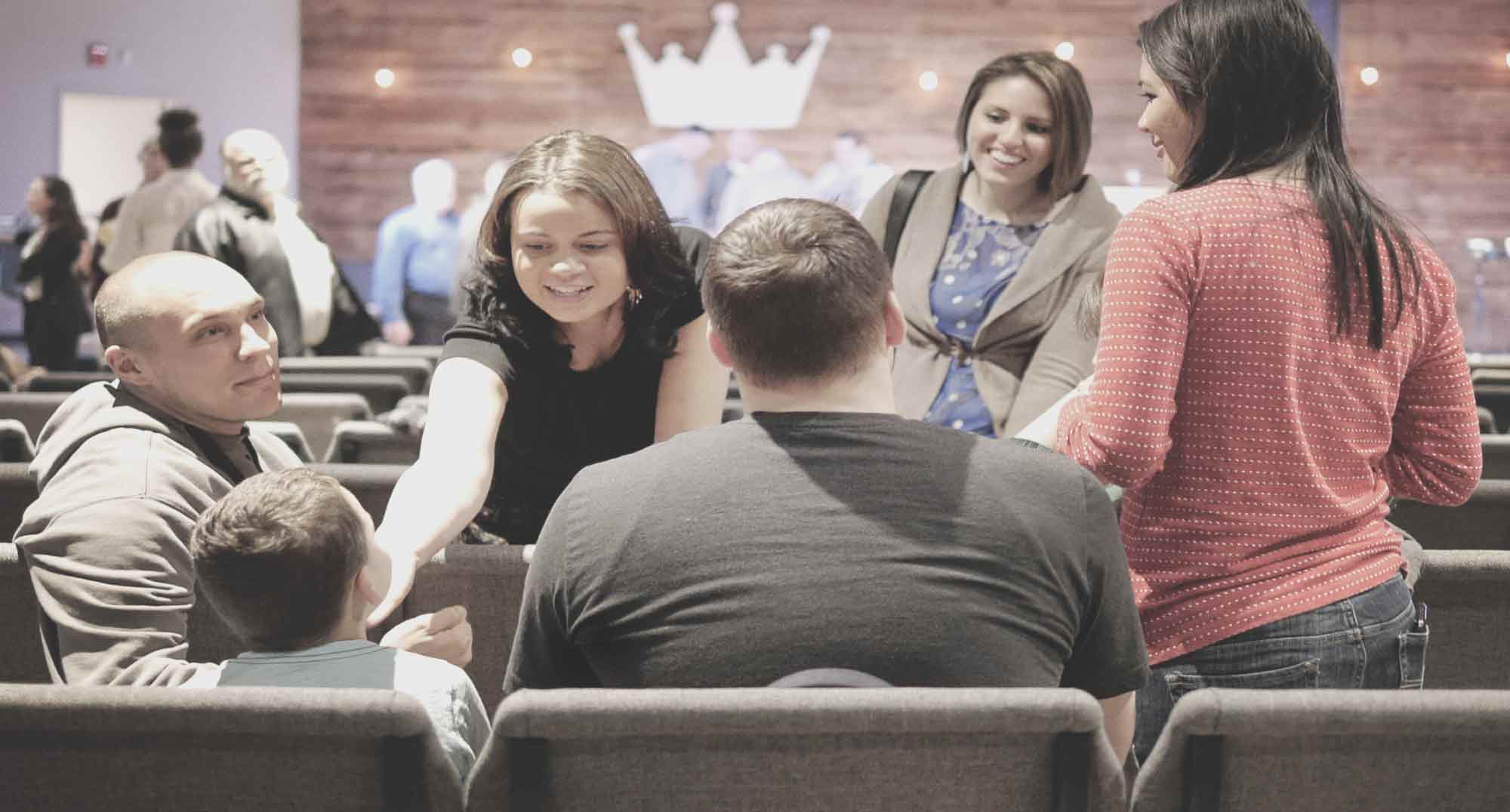How the Resurrection Comforts us in Our Waiting
When I signed on to write this post, I had no idea the world would be in the midst of one of the hardest waits we’ve ever faced, the global pandemic of 2020. As I write, Americans are being urged to stay home from school, work, church, even from the doctor’s office. We stay home, and we wait. We wait to see if the curve will be flattened; we wait to see if the virus will strike us or our loved ones; we wait to see what will happen to the economy when it’s all over. It feels as if the whole world is trembling as it waits. And yet, even as we wait in this nerve-shattering season, because of the resurrection, we wait with hope. Unlike the first followers of Jesus on the day after his death, we know there is a better day coming. The First ‘Already/Not Yet’ Day You may have heard the phrase “the already and the not yet” in a sermon or read it in a book. The “already” refers to the fact that Jesus has “already” died for our sins and been raised to new life, that his followers have “already” known the cleansing of our sins and our adoption as God’s children. The “not yet” refers to the fact that Jesus has “not yet” returned to fully restore all of creation; indeed, we groan with all of creation for the redemption of all things (Romans 8:22-23). In this season of the “already/not yet,” we eagerly await the day when Jesus will return to fully and finally restore all broken things...










